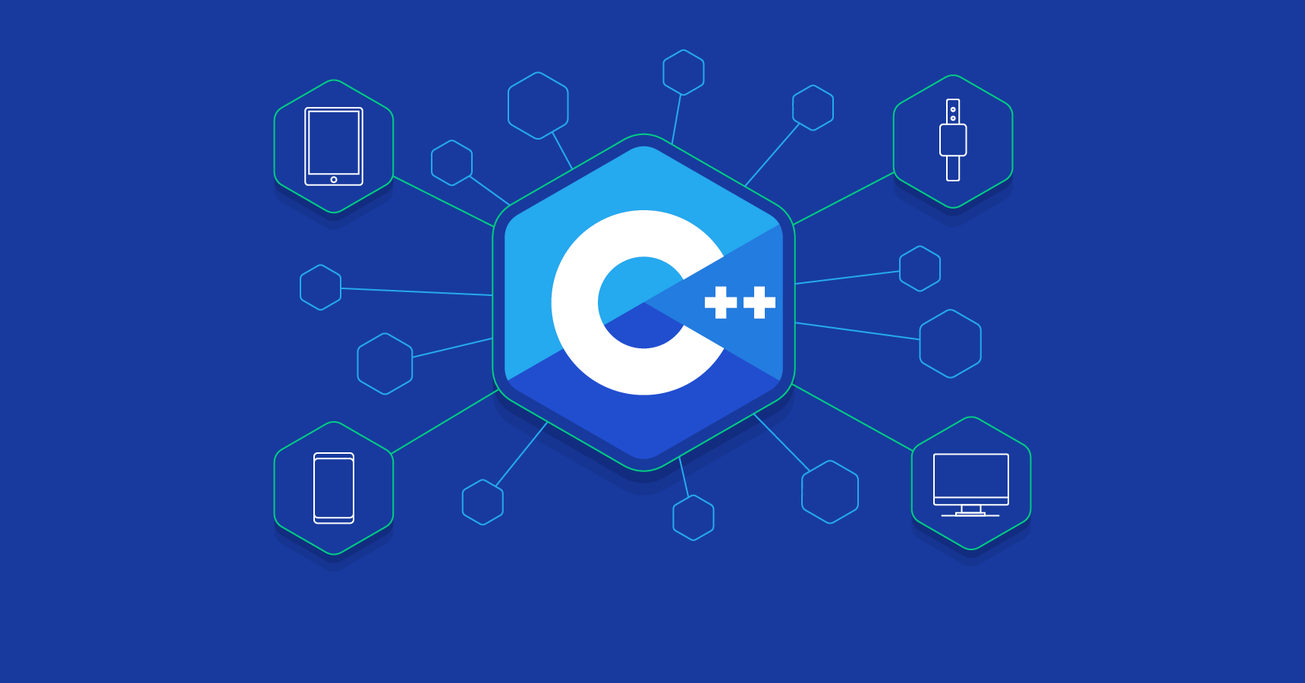
An intensive course designed to develop logic and programming skills through immersion in the fundamentals of C. Programming projects involving mathematical problems and word games challenge students to develop their logical reasoning, systematic thinking, and problem-solving skills.
Key Features of Course Divine:
Career Opportunities After C-Programming Language:
Essential Skills you will Develop C-Programming Language:
Tools Covered:
Syllabus:
Module 1: Introduction to C Programming History and Importance Structure of a C Program Compilation and Execution Process Keywords, Identifiers, Constants, Variables Basic Input and Output (I/O).
Module 2: Data Types, Operators, and Expressions Basic Data Types and Qualifiers
Arithmetic, Relational, Logical, and Bitwise Operators Operator Precedence and Associativity Type Conversion Formatted.
Module 3: Control Flow Conditional Statements: if, if-else, nested if Looping Constructs: for, while, do-while break, continue, and go to switch-case Statement.
Module 4: Functions Function Definition and Declaration Call by Value and Call by Reference Recursion Storage Classes: auto, static, extern, register.
Module 5: Arrays and Strings 1D and 2D Arrays String Handling and Manipulation
Common Library Functions. Passing Arrays to Functions.
Module 6: Pointers Pointer Basics and Arithmetic Pointers and Arrays
Pointers to Functions Dynamic Memory Allocation (malloc, free).
Module 7: Structures and Unions Defining Structures Nested Structures and Arrays of Structures Pointers to Structures Unions and their Use Cases Enumerated Data Types.
Module 8: File Handling File Operations: Reading, Writing File Pointers (open, close, read, write, print, scan) Random Access to Files Command Line Arguments.
Module 9: Preprocessor and Macros define, #include, #ifdef, #ifndef Macros and Macro Functions Header Files Conditional Compilation.
Module 10: Advanced Concepts and Project Introduction to C Libraries and Modular Programming Linked Lists (Basics) Mini Projects: Menu-driven Programs, Calculator, File-based Record Systems Assessment and Certification Test.
Industry Projects:
Who is this program for?
How To Apply:
Mobile: 9100348679
Email: coursedivine@gmail.com

You cannot copy content of this page